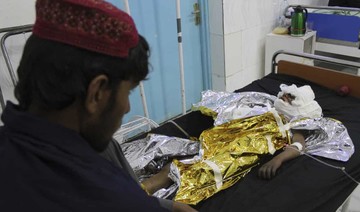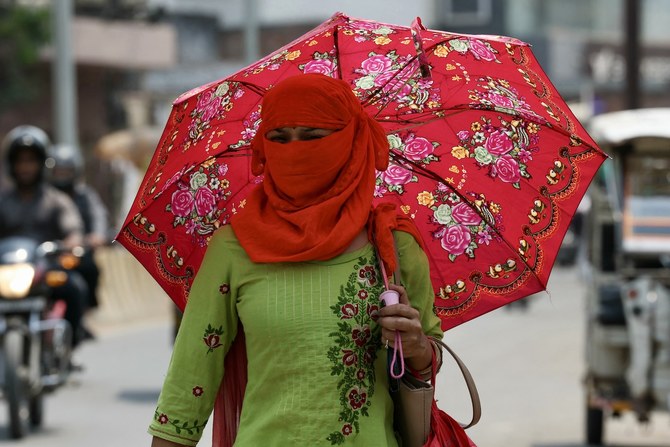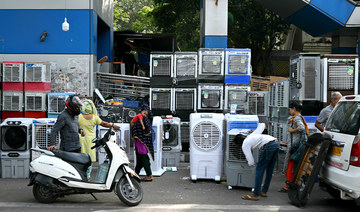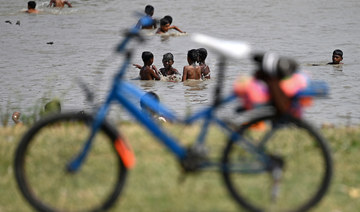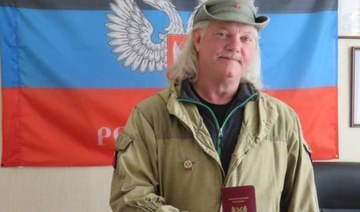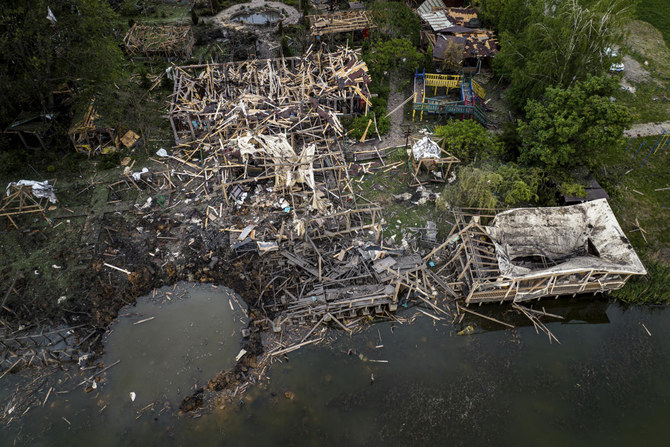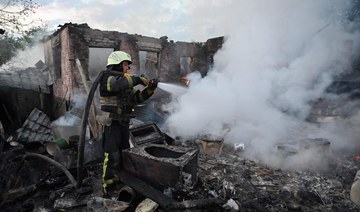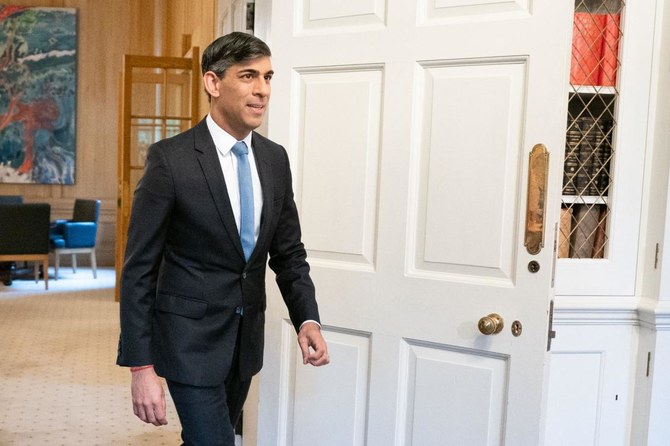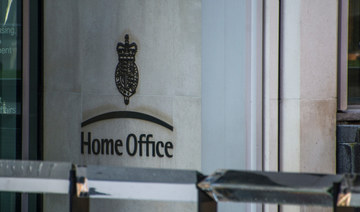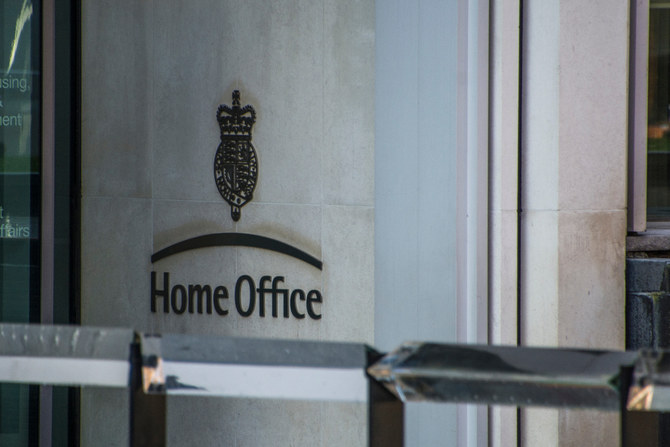KABUL: Ali Reza first sold his cattle from the remaining livestock that survived the harsh drought in Badghis province in western Afghanistan earlier this year. That money soon ran out and he had to move with his family to the neighboring province of Herat as the water table was getting lower day by day there, and people were leaving in droves.
He remained jobless for weeks in Herat, like many of the thousands who had fled the drought. which prompted some to marry off or even sell their young daughters. Young and skilled in carpentry, Reza certainly did not want to see his two kids and wife perish in Herat so, before running totally out of cash, he had to find a means of survival.
Inspired by the good pay offered in neighboring Iran, he joined the hundreds of Afghans who crossed over into Iran illegally on a daily basis for settlement and work.
Luck was not on his side in Iran either, as only few months after his decision, US President Donald Trump withdrew Washington from the nuclear deal with Iran in May and re-imposed far-reaching US sanctions in phases, with the most damaging oil and banking penalties taking effect from Nov. 5.
The sanctions led to a drastic fall in Iran’s currency, and the wages people such as Reza earned were simply not enough.
“It was becoming increasingly tough there as well because of the decline of Iran’s economy. I could not cover the everyday expenses of my family with my earnings and decided to come back few weeks ago,” Reza told Arab News from Herat by phone.
He plans to either go to northern Mazar-i-Sharif to set up a small carpentry shop or settle down in Herat, but has not made up his mind as yet.
He said that unlike the past, when Tehran forced out illegal migrants residing in Iran, Afghans themselves are returning voluntarily because of the impact of the sanctions.
“The sanctions have affected the lives of many people — skilled workers, traffickers and ordinary labors alike,” he said.
According to residents of Herat, there are not any more long queues of Afghans outside Iran’s diplomatic mission to get visas for traveling to Iran, where several of million Afghans have lived for decades because of the war.
Iran is also used as a transit point for some Afghans desperately trying to reach Europe via Turkey.
The International Organization for Migration (IOM) said that more than 700,000 undocumented Afghans had returned home since the start of the year.
“Undocumented returns from Iran in particular are seeing a massive increase over previous years, largely driven by recent political and economic issues in Iran including massive currency devaluation,” the IOM said in a statement this week.
“As Afghans primarily work in the informal economy in Iran the demand for this type of work is drastically reduced. Further, as all Afghans typically send home their earnings in the form of monthly remittances, the Afghan economy itself, already evident in the drought-affected provinces of Herat, Badghis and Ghor, is suffering direct and immediate effects,” the IOM report said.
Iranian media reports say many of the Afghans had returned or were seeking to enter Turkey to reach Europe after the fall of the Iranian currency, which has lost about 70 percent of its value this year, Reuters reported.
An official at Afghanistan’s Ministry of Refugees Repatriation told Arab News that thousands of undocumented returnees hail from the central region where violence has flared up in recent months following the Taliban advances.
The US sanctions have also hiked food and commodities prices, mostly in Afghanistan’s western region, which relies on imports from Iran.



